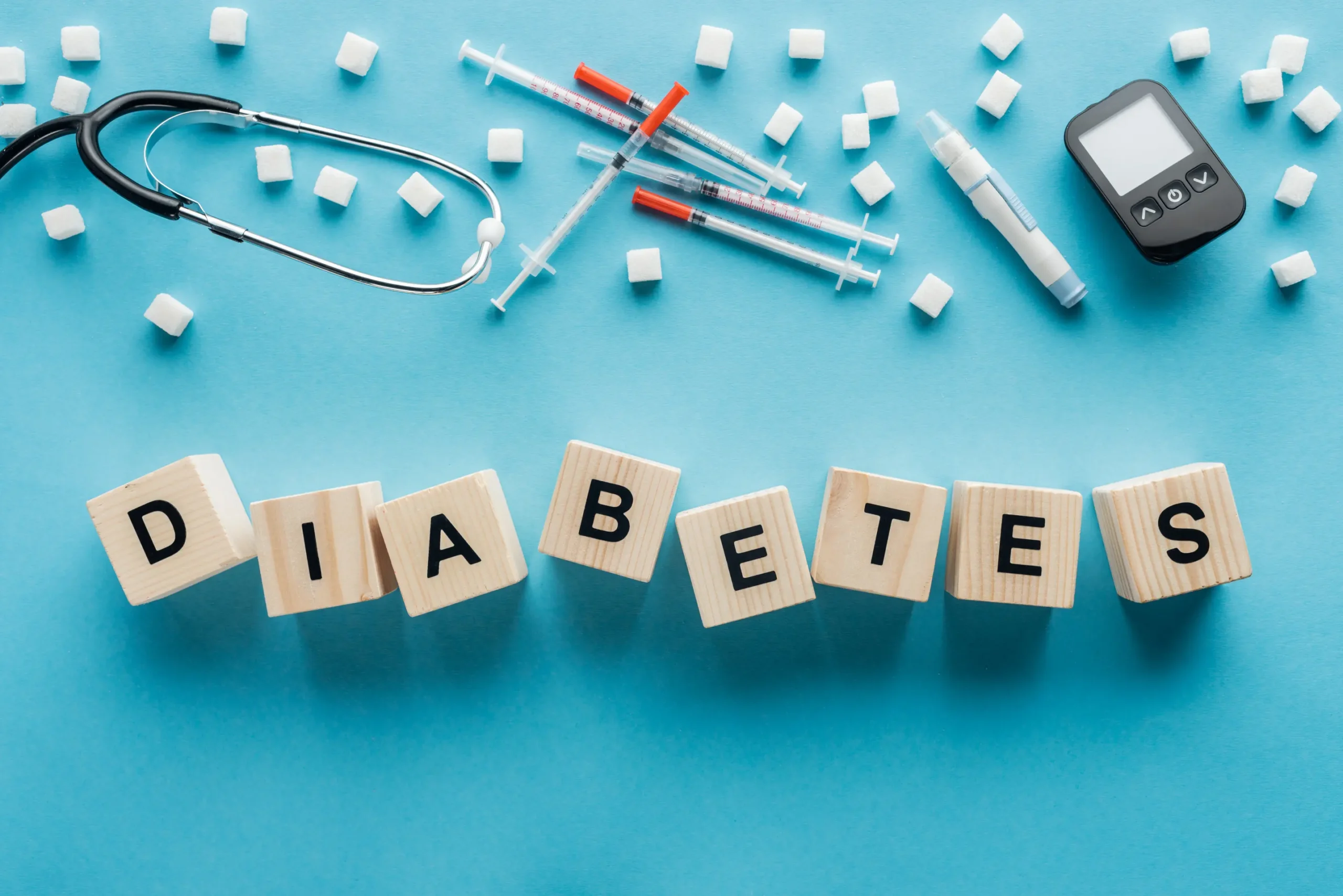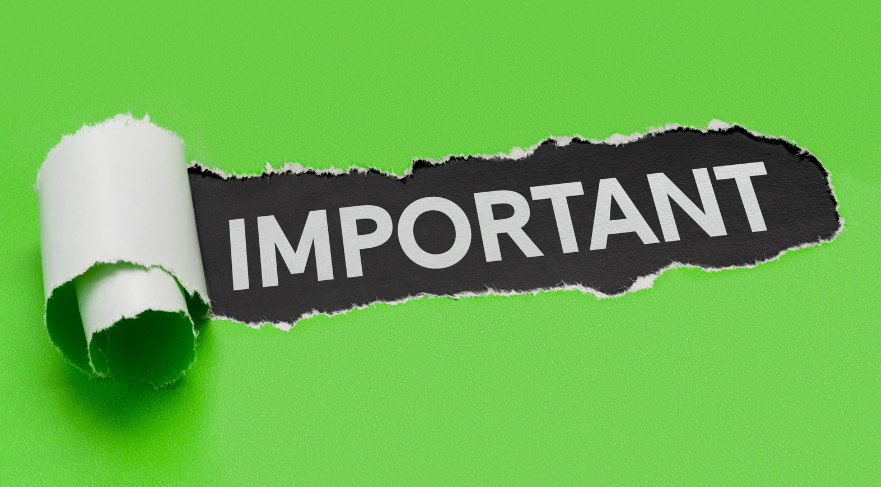Stress is an inevitable part of life, but taking care of your mental health during difficult times is important. This post discusses strategies for maintaining well-being when pressure mounts.

Content
Prioritizing Self-Care
Self-care activities that relax both body and mind can help manage stress levels. Go for a walk outside, do some deep breathing exercises, take a warm bath, or spend time on a hobby. Engaging in regular physical activity and getting quality sleep also support mental health.
Maintaining Daily Routines
Even when life feels chaotic, try to maintain normal daily routines. Eating regular meals, waking up and going to bed at consistent times, and scheduling enjoyable activities provide stability that disrupted routines lack. Stability benefits mental health during stressful periods.
Seeking Social Support
Talking with trusted friends and family allows processing what you’re going through. Social interaction releases oxytocin, which counters stress hormones. Don’t isolate yourself when you need empathy – reach out. Speaking with others improves mental health.
Consulting a Mental Coach
If stress becomes overwhelming, consider scheduling an appointment with a licensed mental coach. A counsellor can help develop personalized coping strategies. Their guidance and perspective may ease mental health concerns. Consulting a professional supports well-being.
FAQs
When should I consider seeing a mental health professional?
You may want to consult a mental health professional if stress is interfering with your daily functioning, you’re experiencing changes in mood or behaviors, or having troubling thoughts. They can also help if stress and worries don’t seem to be easing up even with attempts at self-care. Don’t hesitate to seek professional help for your mental health.
What are some signs that stress is negatively impacting my mental health?
Some signs stress may be taking a toll include: increased irritability or anxiety, changes in appetite, difficulty sleeping, lack of motivation, feeling overwhelmed or unable to cope, inability to concentrate, physical tension like headaches or stomachaches, social withdrawal, excessive worrying, and use of alcohol/drugs to cope. Pay attention to changes in how you think, feel and function.

Jesus is a health blog author who has been writing about nutrition, fitness and healthy living for over 10 years. He also loves to run, hike and bike with her wife.






